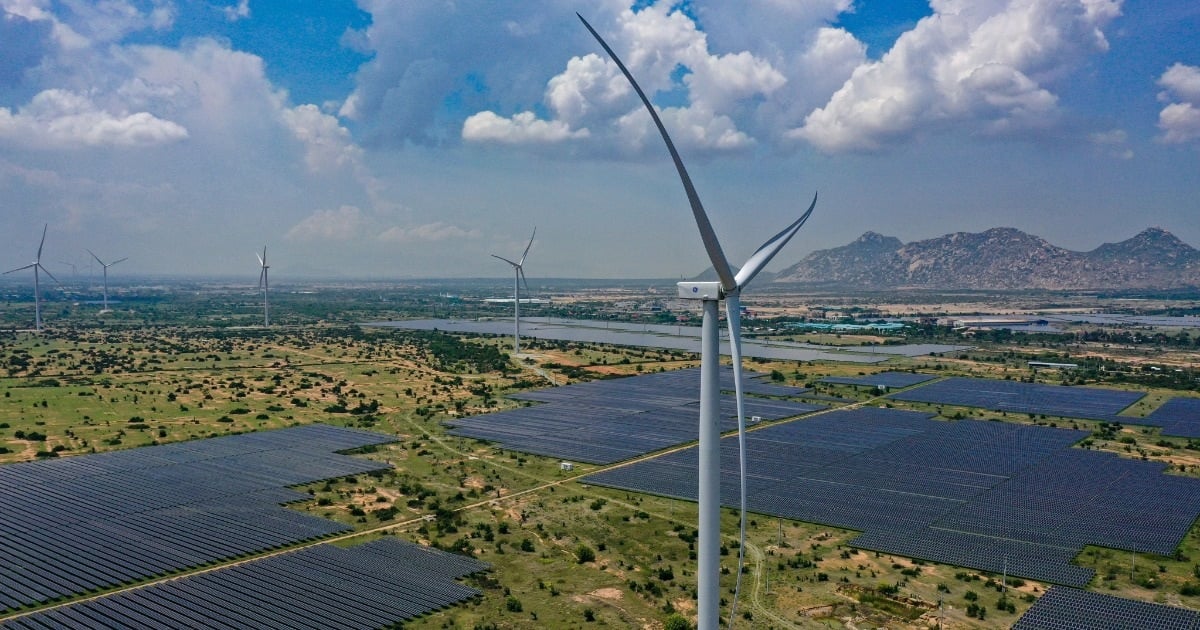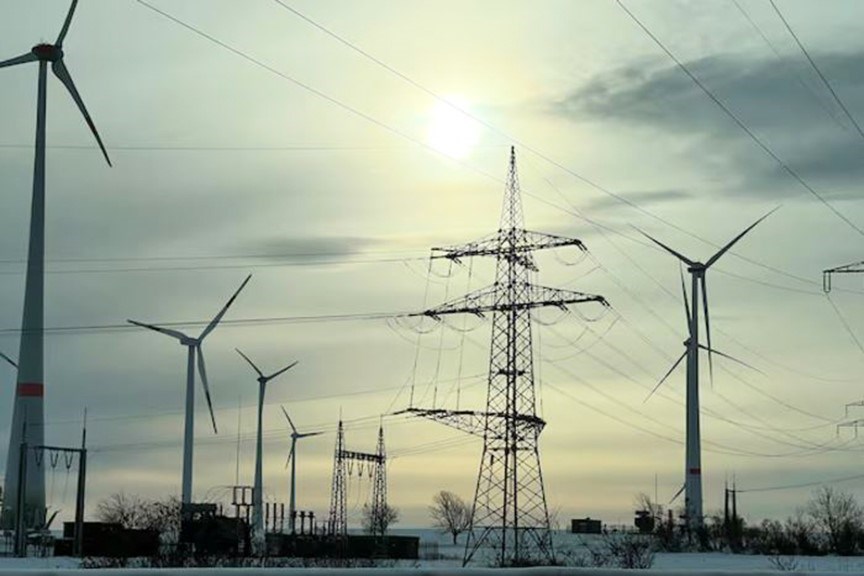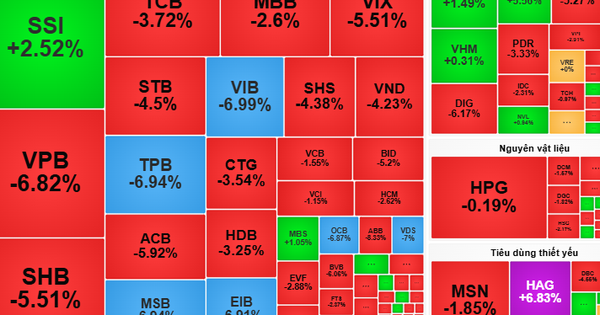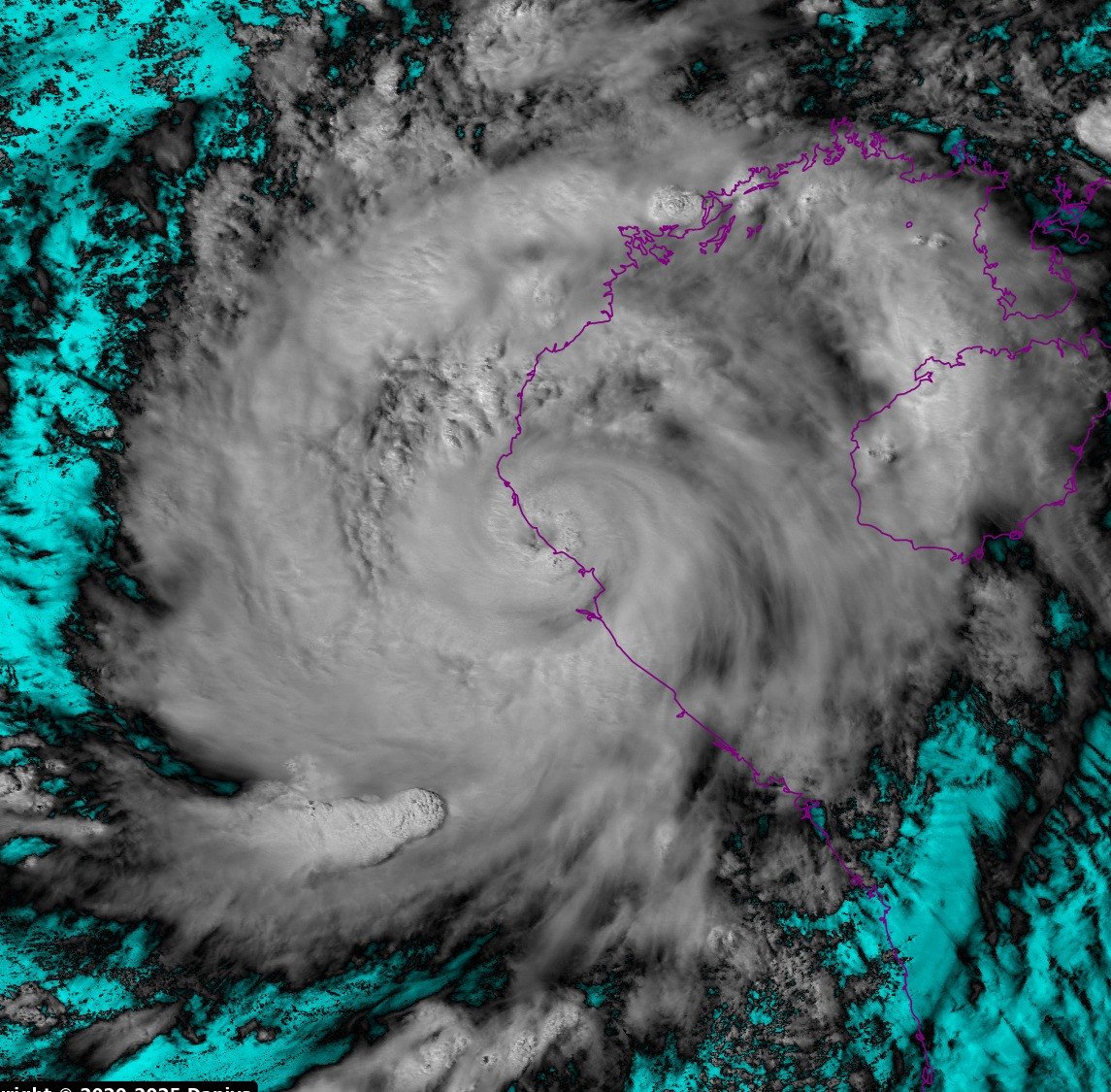Pressure from world fuel prices is increasingly heavy
Information from Vietnam Electricity Group (EVN) shows that although fuel prices in recent months of 2023 have decreased compared to 2022, they are still high compared to 2020-2021.
In particular, high coal prices are still weighing on the group's electricity purchase costs. The price of imported coal gbNewC increased 2.97 times compared to 2020, increased 1.3 times compared to 2021; HSFO oil price increased 1.86 times compared to 2020 and increased 1.13 times compared to 2021.
Coal purchased from Vietnam National Coal - Mineral Industries Group and Dong Bac Corporation also increased from 29.6% to 49% (depending on the type of coal) compared to the coal price applied in 2021.

The increase in coal, oil and gas prices has also increased the cost of purchasing coal and gas-fired electricity for this group. Because in 2023, coal and gas power plants will account for 55% of the total electricity output of the entire system.
That is why the cost of electricity production in 2023 is estimated at VND2,098/kWh, higher than the average retail price of electricity by VND178/kWh. In other words, the purchase price is higher than the selling price of electricity.
What is worrying is that the proportion of imported coal at high prices is increasing. Currently, domestic coal is exploited at 43-45 million tons/year, only meeting about half of the coal demand for coal-fired power plants. With the current scale of coal-fired power, it is estimated that domestic coal can only ensure the production of less than 20% of total electricity output; the remaining plants must import coal or use mixed coal.
According to data from the General Department of Customs, Vietnam's coal imports have increased rapidly, from 6.9 million tons in 2015 to a "peak" of over 54 million tons in 2020. In the first 10 months of 2023 alone, coal imports exceeded 40 million tons.
According to calculations by the Ministry of Industry and Trade , coal mining in the entire industry in the 2021-2025 period is expected to reach 40-44 million tons/year of commercial coal. The total coal demand in this period is about 108-110 million tons.
Of which, coal demand for electricity production accounts for over 70% of total domestic demand (about 78-79 million tons, including 38-39 million tons of imported coal).
“To meet domestic coal demand, in addition to the volume of domestically produced coal (about 44 million tons), Vietnam is expected to have to import about 66-68 million tons,” the Ministry of Industry and Trade calculated.
The total domestic gas demand is about 11,200 billion m3, while the domestic gas production capacity is 10,071-10,463 billion m3. To meet the demand, it is expected that Vietnam will have to import about 737-1,129 billion m3.
According to the Power Plan VIII, electricity produced from coal and gas will remain at over 52% in 2025 and over 60% of total domestic electricity output in 2030; of which coal power will account for 42% in 2025 and 34.8% in 2030. Thus, fossil fuel prices will strongly impact the overall electricity production cost structure from now until 2030.
Not just a Vietnamese story
The cost of coal and gas is expected to put great pressure on electricity prices in the coming time. This is not a story only in Vietnam.
For the past two years, facing terrible fluctuations in coal, oil and gas prices, many countries around the world have had to face sharp increases in electricity prices.
From January to April 2023, Thailand also had to increase electricity prices by 13%, from 4.72 baht/kWh (equivalent to 3,276 VND/kWh) to 5.33 baht/kWh (equivalent to 3,699 VND/kWh).
In Japan, due to rising fuel costs, five power companies (Tohoku Electric Power, Hokuriku Electric Power, Chugoku Electric Power, Shikoku Electric Power and Okinawa Electric Power) have applied for government approval to increase their household electricity prices by 28% to 46% from April 2023. Tokyo Electric Power Company (Tepco) has applied to increase household electricity prices by an average of 29.3% from June 2023. Hokkaido Electric Power will apply an increase of about 32% from June 2023.
In addition, due to the strong fluctuations in fuel prices for electricity generation, many power companies in other countries in Asia, Europe, and America also have to increase electricity prices at very high levels to balance their finances.
In Türkiye, from September 1, 2022, electricity prices for industrial consumers will increase by 50%. Electricity prices for households and the public sector will also increase by 20% and 30%, respectively.
The largest increase was observed in the Czech Republic (61.8 %), followed by Latvia (59.4 %) and Denmark (57.3 %). Energy and supply costs mainly drove the increase in electricity prices as mentioned above.
Mr. Ha Dang Son, Director of the Center for Energy and Green Growth Research, shared: During the energy crisis, with very high fuel input costs, Singapore also faced a major crisis in energy supply. Most small electricity supply companies were closed and could not continue to operate.
“Our biggest challenge when integrating into the world energy market is to accept the story of supply and demand, and fluctuations in world prices. This causes our input costs for energy as well as electricity production to change greatly,” Mr. Ha Dang Son emphasized.
Pressure on fuel costs has also forced Vietnam to increase electricity prices from May 4, with a 3% increase after 4 years of keeping them unchanged. This increase is considered "not enough to cover costs" for EVN.
Comparing the electricity price management mechanism with the gasoline price, Mr. Nguyen Quoc Thap, Chairman of the Vietnam Petroleum Association, said: “The gasoline price mechanism has almost approached the market, meaning that when the input market increases, the output will naturally increase. The electricity market must also be like that, that is, it must follow the rules of the market.”

Source




![[Photo] General Secretary To Lam attends the 80th anniversary of Vietnam's diplomacy](https://vstatic.vietnam.vn/vietnam/resource/IMAGE/2025/8/25/3dc715efdbf74937b6fe8072bac5cb30)






































































































Comment (0)